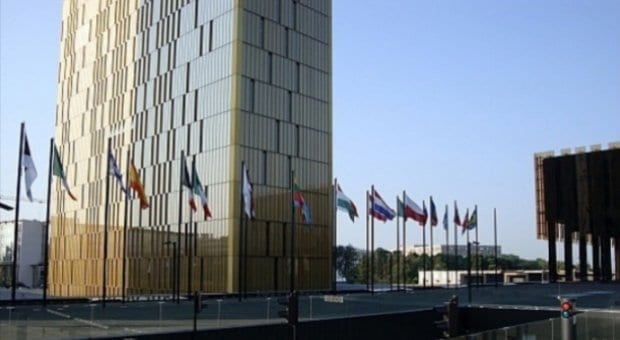The European Court of Justice (ECJ) has ruled that gay people from African countries that imprison people for being homosexual are eligible to seek asylum in EU member countries, the Daily Telegraph reports.
The court made the ruling in a case that involved three gay men from Senegal, Sierra Leone and Uganda who were seeking asylum in the Netherlands.
According to the ECJ, all three countries criminalize homosexuality, and those who run afoul of the law face punishment ranging from stiff fines to life imprisonment “in certain cases.” The judges also ruled that asylum seekers “cannot be expected to conceal” their sexual orientation in their home countries to avoid persecution, the Telegraph says.
But the ECJ also said a prohibition on homosexuality doesn’t automatically mean that asylum should be granted, the BBC notes. It will be up to individual EU member states to determine whether jail terms in asylum seekers’ home countries are enforced, the report adds.


 Why you can trust Xtra
Why you can trust Xtra


